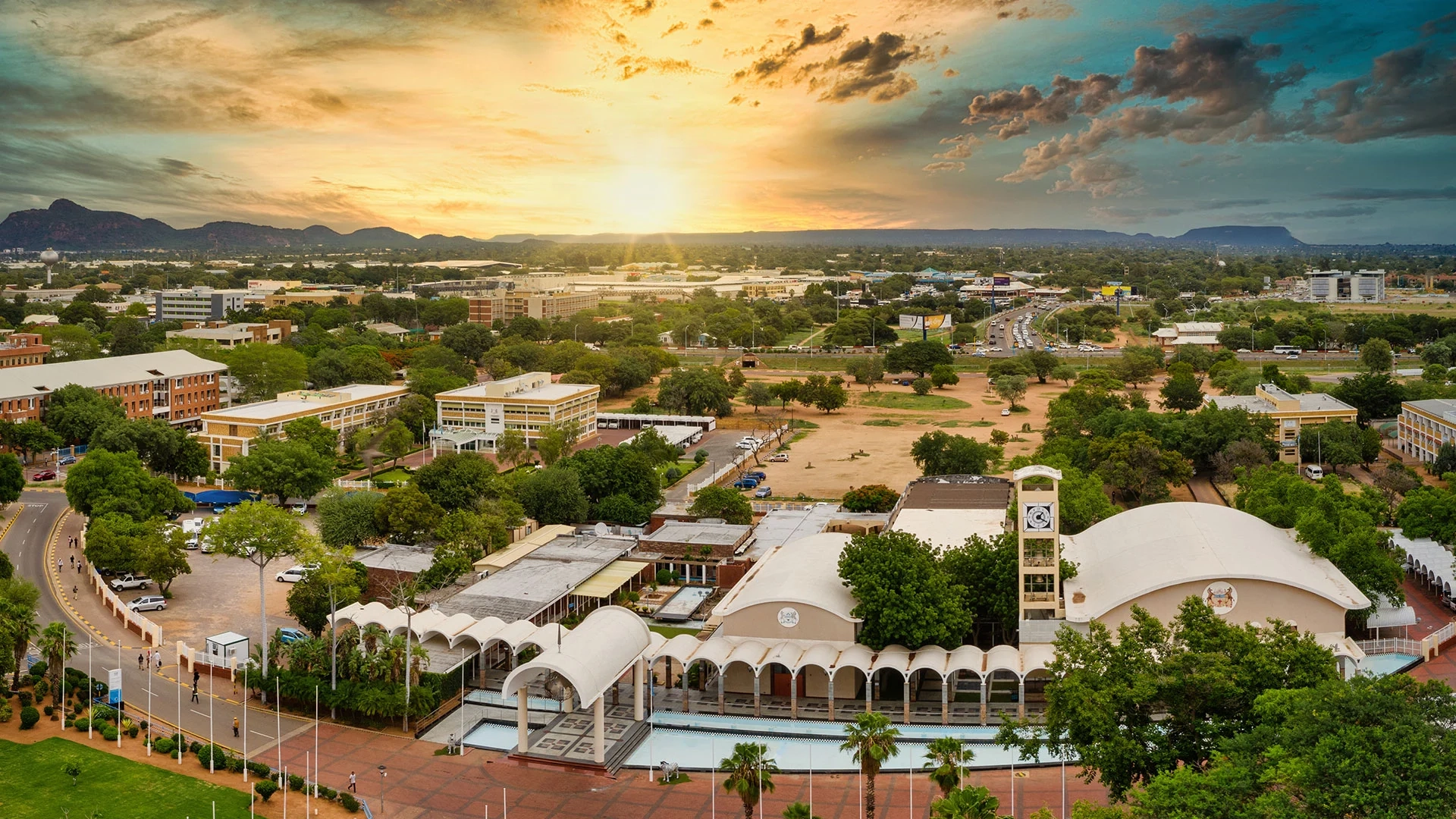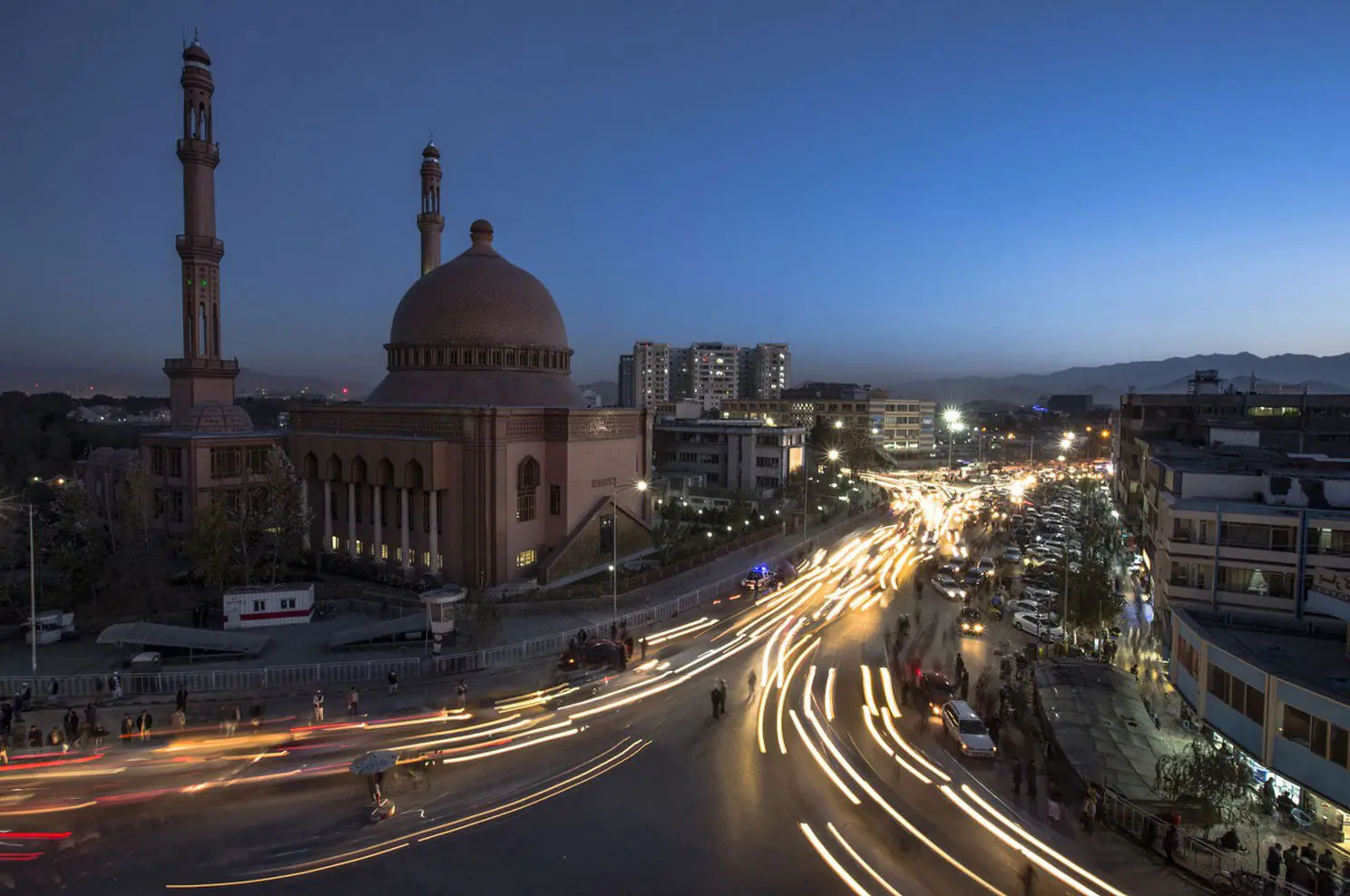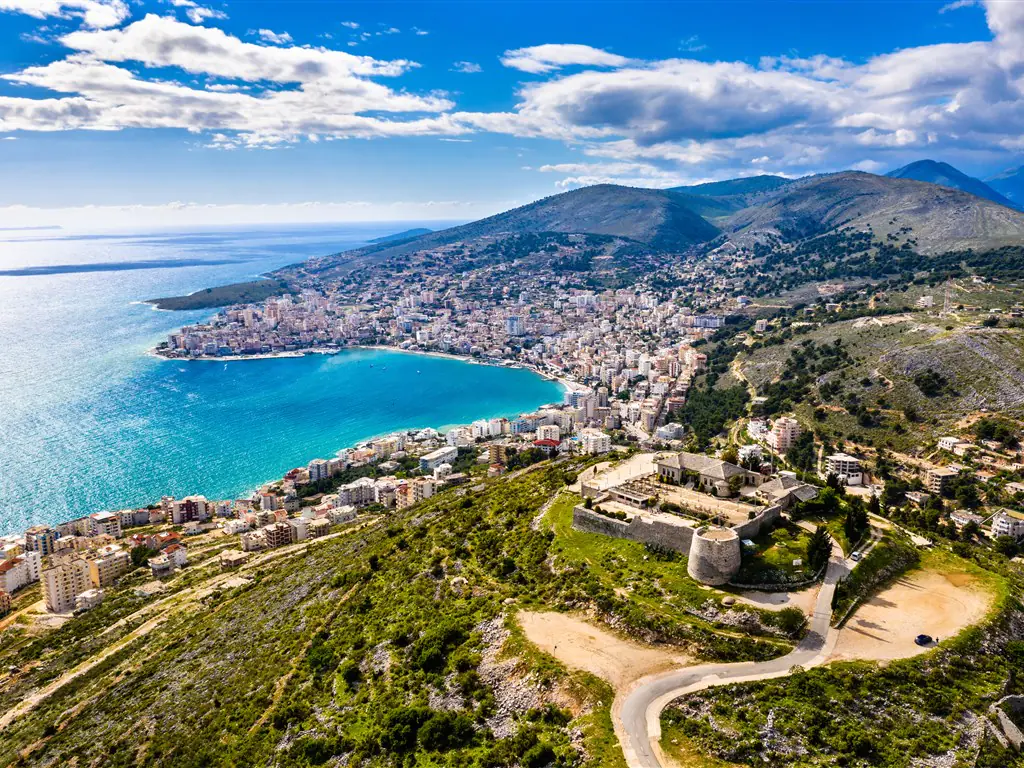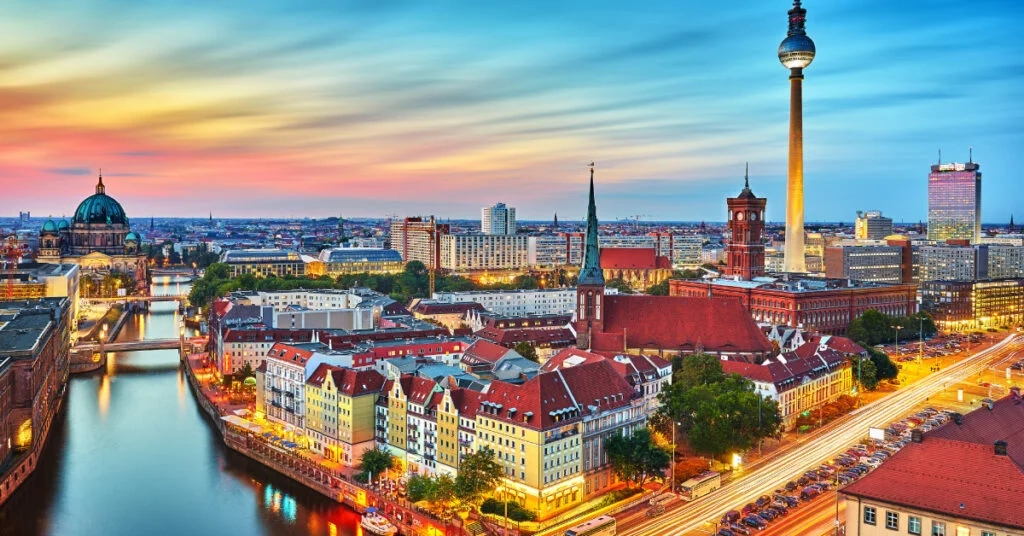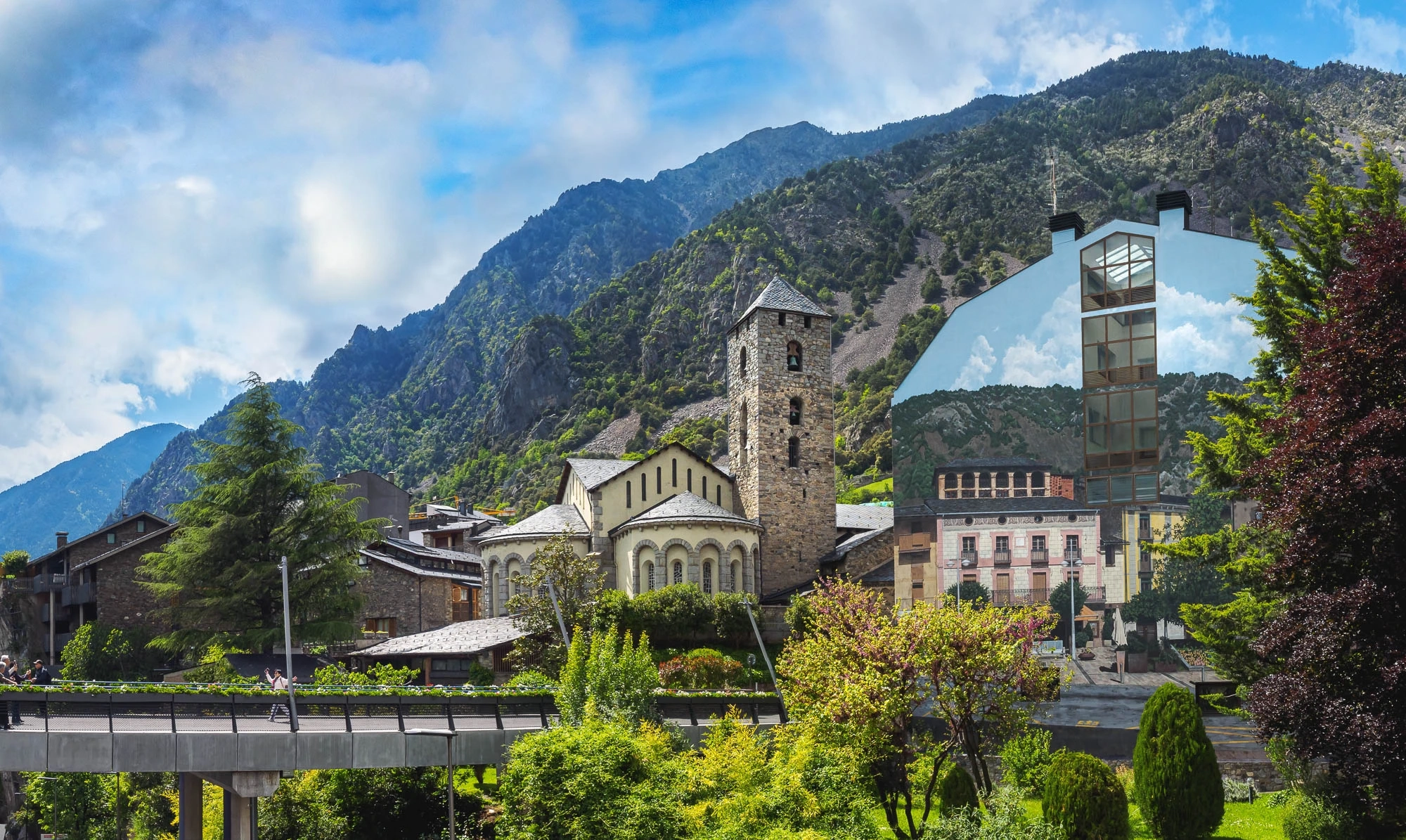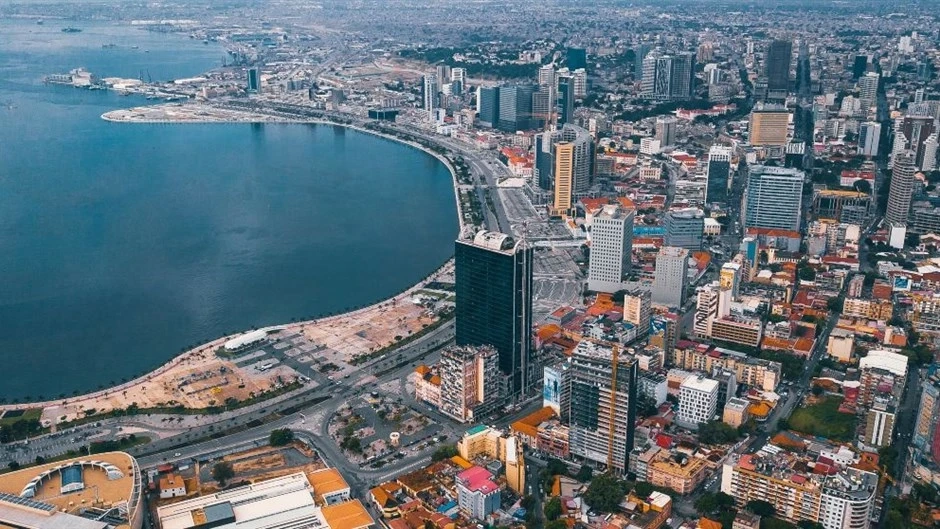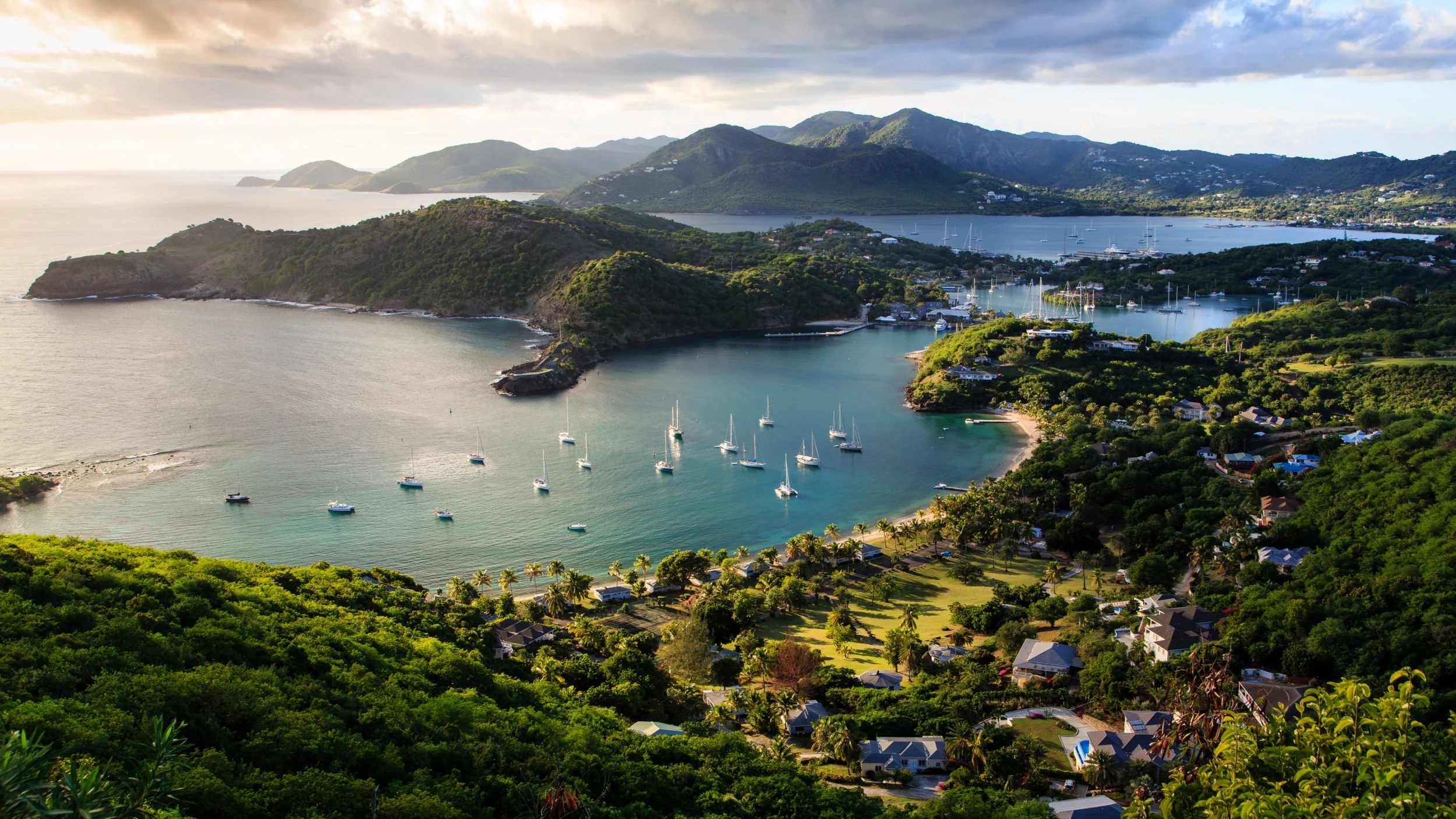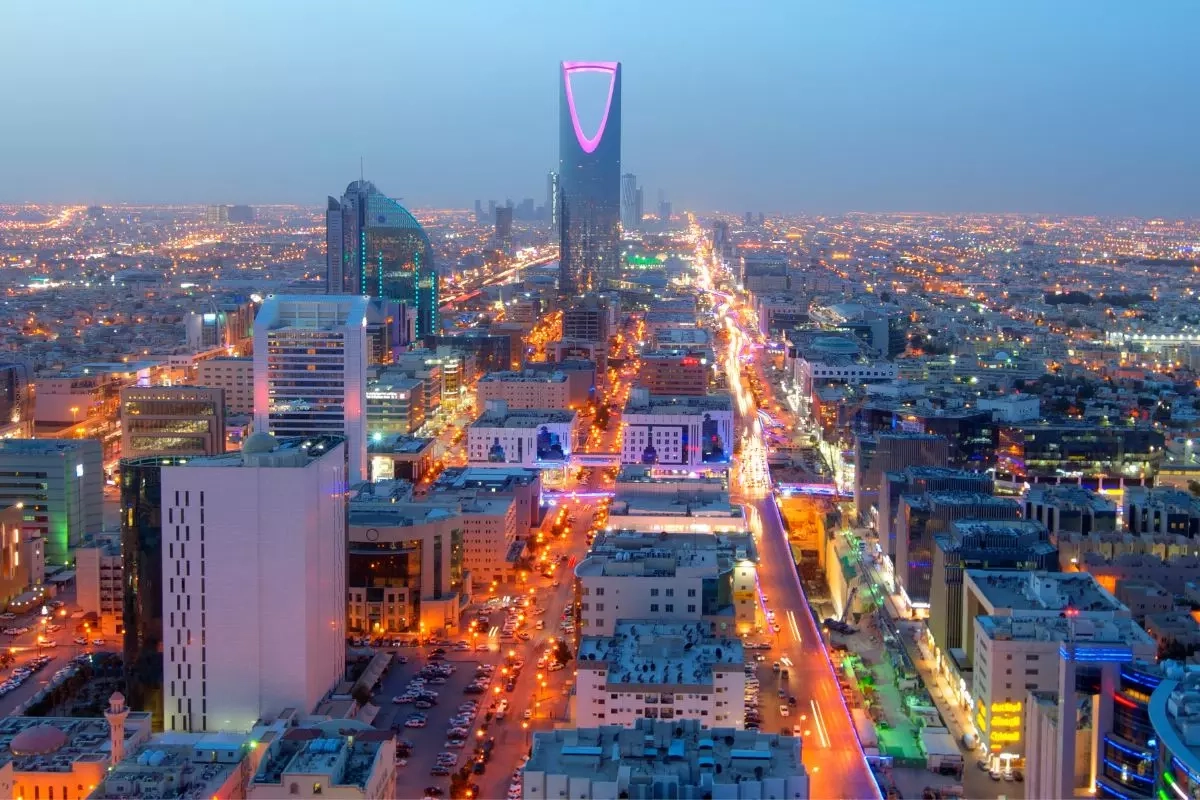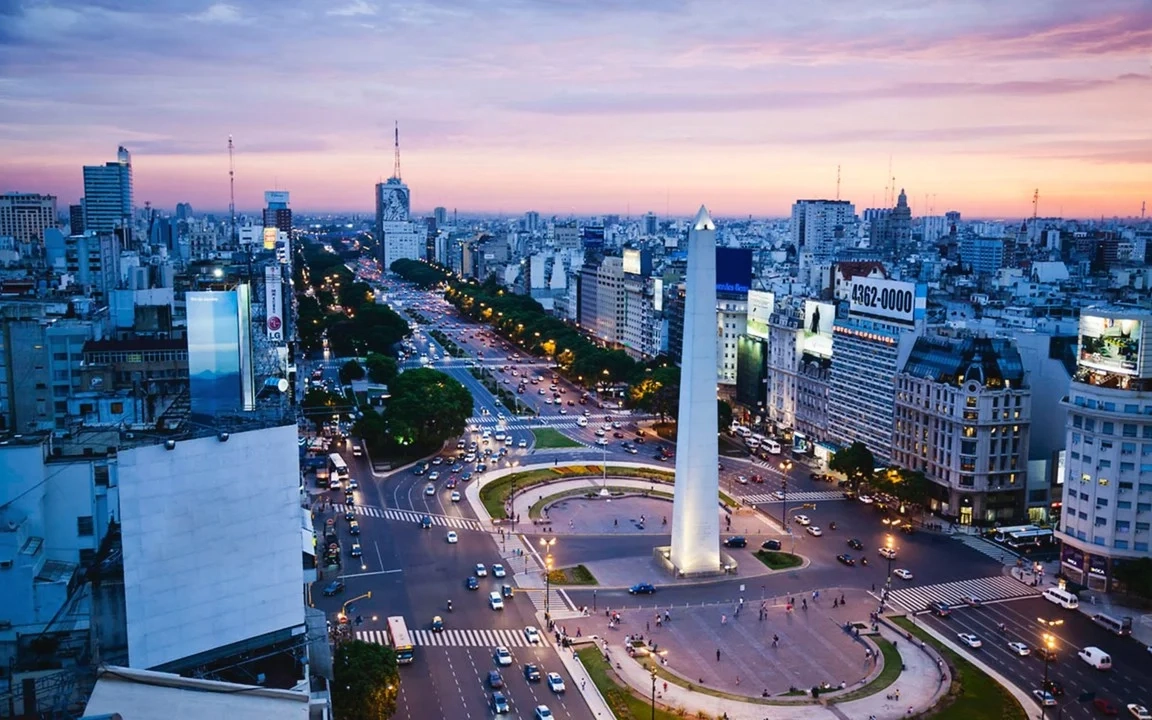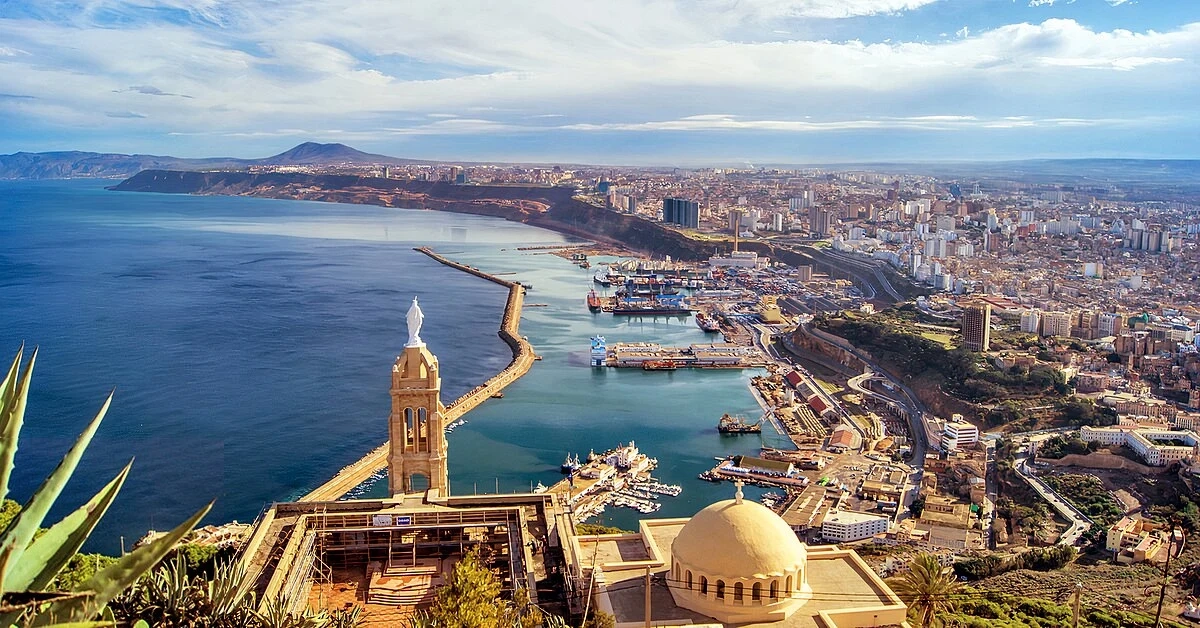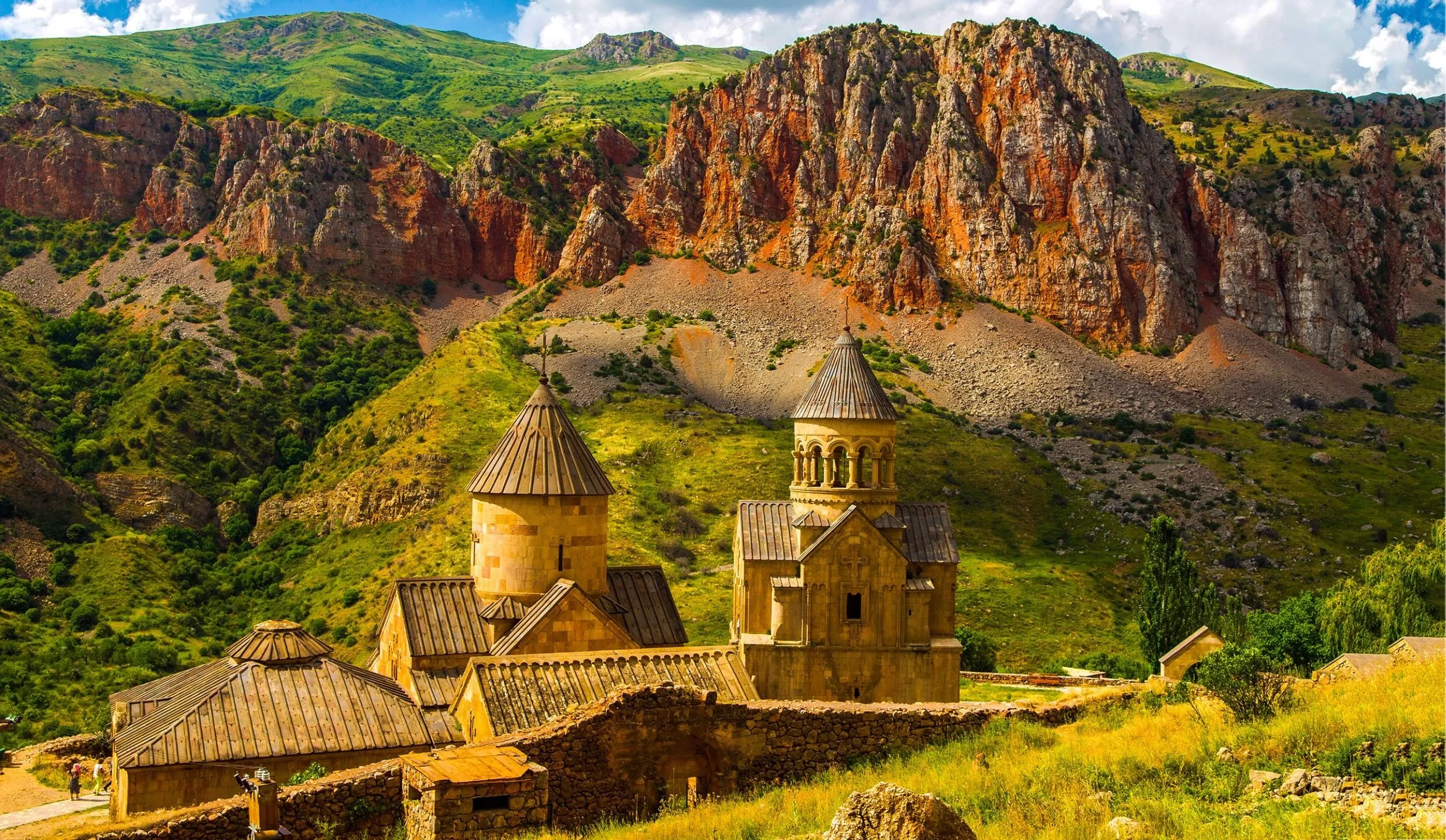1. The Okavango Delta: This UNESCO World Heritage Site is a unique inland delta known for its stunning landscapes, diverse wildlife, and mokoro safaris.
2. Chobe National Park: Known for its large herds of elephants and boat safaris on the Chobe River, this park offers excellent wildlife viewing opportunities.
3. Moremi Game Reserve: Located in the Okavango Delta, this is the best place for Big Five safaris and bird watching.
4. Makgadikgadi: These vast salt pools create a surreal and mesmerizing environment where you can observe seasonal zebra migrations and starry night skies.
5. Kgalagadi Park: This park offers stunning red dunes, desert landscapes and unique wild desert-adapted fauna.
Car rental:
Renting a small or medium-sized car for self-drive safaris is the most common choice. Prices can vary depending on the type of car and the duration of the rental.
Average daily cost of car rental: 40 EUR to 120 EUR.
Taxis:
Taxis are available in major cities and towns. Fares are relatively affordable for short trips within the city.
Average taxi fare for a short trip around the city: 5 EUR to 15 EUR.
Buses:
Public buses operate in cities and towns. Bus fares are generally low.
Average bus fare for one trip: 0.50 EUR to 1.50 EUR.
Intercity buses:
For longer trips between cities, you can use intercity buses. Prices depend on the distance and comfort level.
The average cost of a coach fare is between 15 EUR and 40 EUR, depending on the route and class.
Domestic flights:
To reach more remote safari locations, you can use domestic flights. The cost of air tickets depends on the distance and time of booking.
The average ticket for a domestic flight: from 80 EUR to 200 EUR for short routes.
Mokoro attractions:
In the Okavango Delta, mokoro (canoe) trips to explore the wetlands are popular. Prices may vary depending on the tour operator.
The average cost of a mokoro trip is from 30 EUR to 80 EUR for a half-day excursion.
Free export
- 200 cigarettes
- 20 cigars
- 250 g of cigarette or pipe tobacco
- 2 liters of wine
- 1 liter of spirits and alcoholic beverages
- 50 ml of perfume
- 250 ml of eau de toilette
- 25 kg per family of red meat
- 5 kg per person of poultry meat
- 36 eggs per person
- 12 kg of sugar per person
- Other new or used goods with a total value not exceeding R3000.00
Prohibited
- Illegal drugs
- Military firearms, explosives and ammunition
- Knives and deadly weapons
- Unauthorized plants and plant products
- Unauthorized meat and meat products
- Unauthorized pets and animals
- Semi-precious stones such as agate, amethyst, Botswana pink, jade, rose quartz, carnelian, chalcedony, crystal quartz, tourmaline, jasper, tanzanite, garnet, moss agate, tiger's eye, sodalite, aquamarine, azurite and malachite.
- Radioactive or hazardous materials
- Counterfeit money and goods
- Pornographic materials
Restricted
- Firearms and ammunition may only be imported into Botswana with a police permit issued by the Central Firearms Registry. Importation of firearms that do not have a factory serial number or other identifiable number stamped or engraved on the metal part of the weapon is completely prohibited.
- No boats, mokoro or water devices may be imported into Botswana unless the owner has an import permit issued by the Department of Water Resources.
- All plants, seeds and other products of plant origin imported into the country require the permission of the Chief Inspector of Agricultural Research.
- Import and export of wild animals or their products (trophies or meat) is prohibited without an export permit issued by the Department of Wildlife and National Parks.
- Cats, dogs and other animals imported into the country must have a veterinary certificate issued by the Director of Animal Health and Production, as well as a rabies vaccination certificate.
